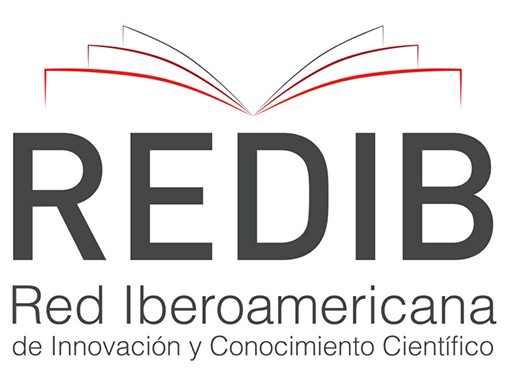EVALUATION OF BIOSECURITY LEVELS OF BREEDING SWINE CERTIFIED OPERATIONS IN THE STATE OF SAO PAULO, BRAZIL
Keywords:
biosecurity, certified swine breeding farms, swine reproducersAbstract
The swine species presents diseases that cause both serious economical losses and public health problems. The diseases related to public health events are known as zoonosis. Thus, the present study aimed to evaluate during a three years period, the biosecurity levels of ten swine breeder farms from São Paulo State, certified by the Ministry of Agriculture, Livestock and Food Supply (MAPA) as minimal disease status operations (GRSC). The scores obtained by the referred units were conferred based on the following parameters: distance between them and other non GRSC swine operations or swine slaughter houses; swine herds density in a 3.5 km ray from them; amount of breeder farms supplying the studied units; distance between the considered units and the road where swine are transported; the isolation of these farms, in terms of natural and artificial fences; the control of the visitors in the studied operations; the presence of quarantine facilities for animals in the referred farms; the composition, in terms of ingredients from animal source, origin and transportation details of the food provided for the swine in the studied farms. Samples of blood were collected from the GRSC herds to investigate the presence of antibodies against classic swine fever (2023 samples), Aujeszky’s disease (2001 samples), brucellosis (2085 samples), leptospirosis (188 samples) and 1001 allergic tests for the determination of tuberculosis were also applied. Four GRSC farms, five GRSC farms and one GRSC farm were classified as A, B and C, respectively, based on the level of biosecurity. Only one farm scored as level A had positive animals for leptospirosis in the first year of the certification. Animals infected with Mycobacterium avium were detected in only one of the farms scored as level B and in another one scored as level C. The level C one presented animals infected with brucellosis also in the quarantine phase, indicating the need for the improvement of the biosecurity measures and also the acquisition of animals from GRSC farms with higher biosecurity level.
Downloads
Published
How to Cite
Issue
Section
License

Este obra está licenciado com uma Licença Creative Commons Atribuição-NãoComercial 4.0 Internacional.











